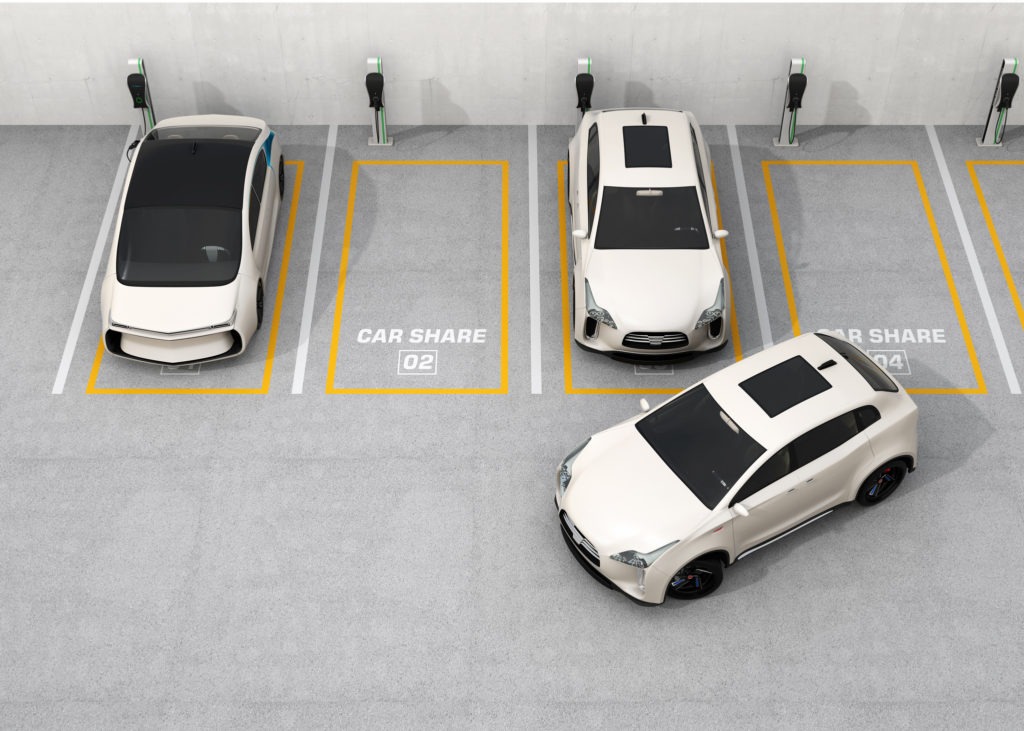Mobility services could provide financial boost to investing manufacturers
07 July 2017

07 July 2017
With autonomous vehicles comes new ways for brands to monetise products and services beyond traditional vehicle sales. This means that car manufacturers are looking at new partnerships with technical suppliers or startups providing strategies that they are not traditionally versed in.
One such example is the Finnish startup MaaS Global. Founded by Sampo Hietanen in 2015, the company offers Mobility-as-a-Service (MaaS) in order to fulfil consumer needs through a monthly subscription service. In June 2017, the company closed a €10 million funding round from Japanese manufacturer Toyota, which will help the expansion of MaaS Global’s Whim app, which enables trial customers in Helsinki to get around using any preferred mode of road transportation.
The app brings together private and public transportation options within a city, driven by mobility operators. Due to the spread of smartphones and the sharing economy, Hietanen believes these will help reduce the need for vehicle ownership in urban transport networks.
Speaking at the confirmation of Toyota’s investment, Hietanen commented: ′Private car ownership will not be pleasant in cities for much longer: it is slow, expensive and environmentally unfriendly.’
According to an estimate by ABI Research, MaaS could become a trillion dollar market by 2030. However, for now, the trial is taking place with a small number of consumers in Helsinki. A few hundred Whim-customers in the Finnish capital have had options ranging from an €89 basic package to €389 premium, with unlimited access to taxis, public transport, car rental and bikes. Rental cars and bikes can be picked up from various pick-up points spread around the city.
When Whim-users enter their destination, the app optimizes travel options among more than 2500 vehicles. Instead of just route planning, customers can order all those transport services with the monthly ticket that is available in-app. Whim also offers a pay-as-you-go option, where you pay for each trip.
Starting during summer 2017, MaaS Global will do its first international launch in Birmingham and the West Midlands region in the UK, with other countries expected to begin trials at later dates.
Toyota’s investment shows it following a trend with other manufacturers in placing bets on the future of mobility, which is looking less car-centric and more technical than before. Already there are plans for companies to move into vehicle sharing as the vehicle ownership model changes through autonomous technology. Toyota has been vocal in the need to bring in technical partners in order to adapt to a new mobility future.
At the recent Frost & Sullivan Intelligent Mobility Conference in London, Mark Adams, VP Business Transportation, Toyota Motor Europe, highlighted that the company is seeking out startups following trials of its iRoad micro mobility electric vehicle, which was integrated with the public transport network in Grenoble. When customers who tried the vehicle transitioned to the conventional car sharing operations offered by its operating partner, the company knew the route it should be taking.
He commented: ‘We took a step back in terms of sophistication and experiment with more traditional car sharing and we have been doing that in Dublin, working with a small startup to form Yuko (Japanese for ‘let’s go’). We are learning from working with a startup to see how the car sharing experience works in a modern European city. We have learnt a huge amount over the past year.’